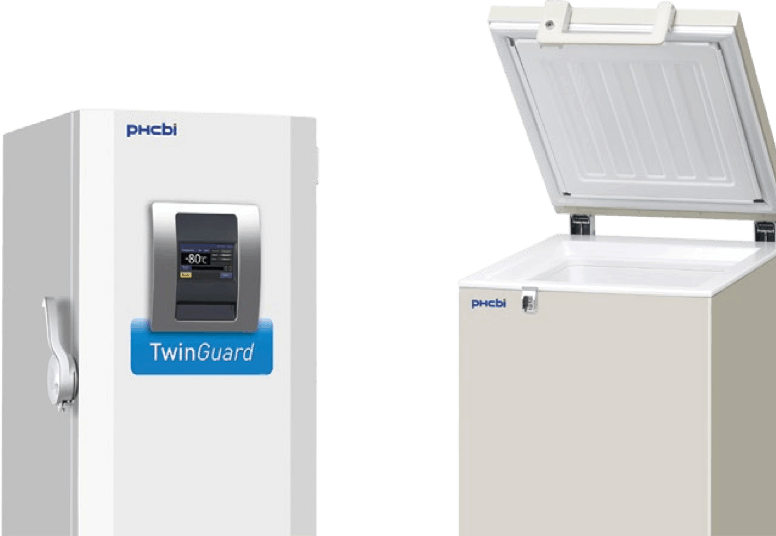
CO2 Incubators
CO2 incubators from PHCbi (formerly Panasonic) and Baker Company provide a uniform and consistent environment, which is a must for any CO2 incubator. All models have built-in contamination control features with additional options that offer an extra level of security for your lab and cells.
-
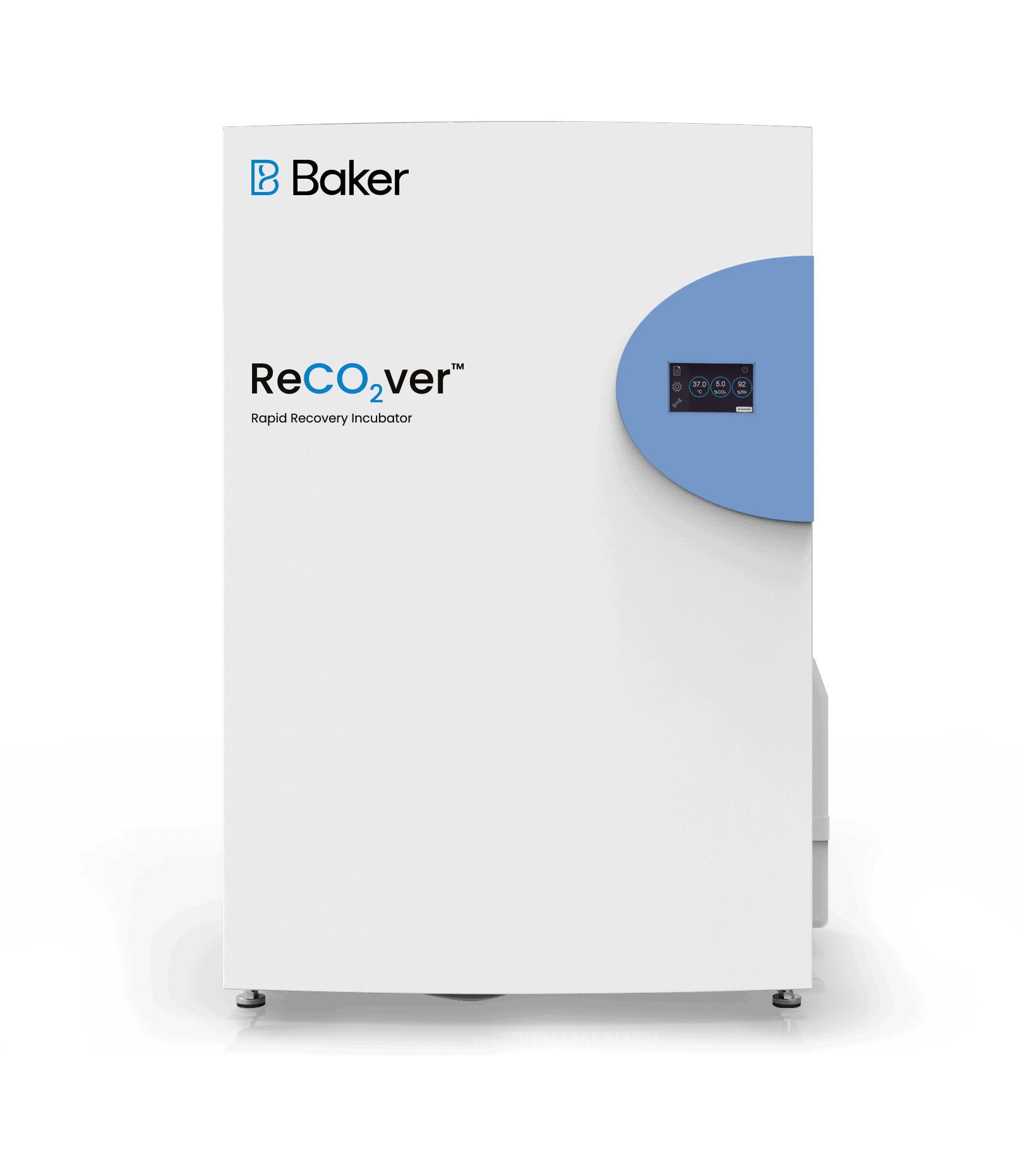
 Baker ReCO2ver™ IncubatorREC602View Product
Baker ReCO2ver™ IncubatorREC602View Product -
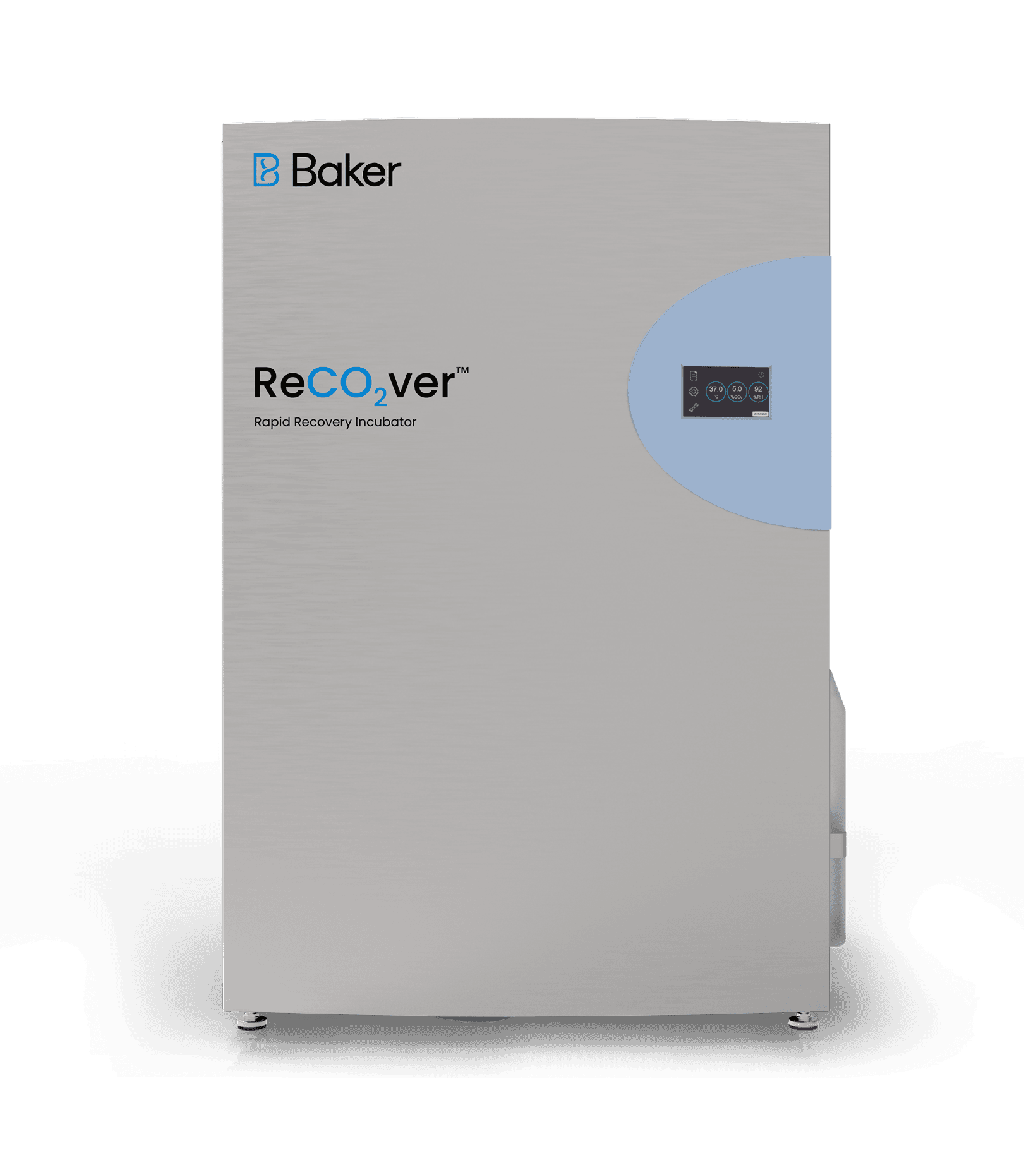
 Baker ReCO2ver™ Stainless Steel GMP IncubatorREC602 with SSView Product
Baker ReCO2ver™ Stainless Steel GMP IncubatorREC602 with SSView Product -
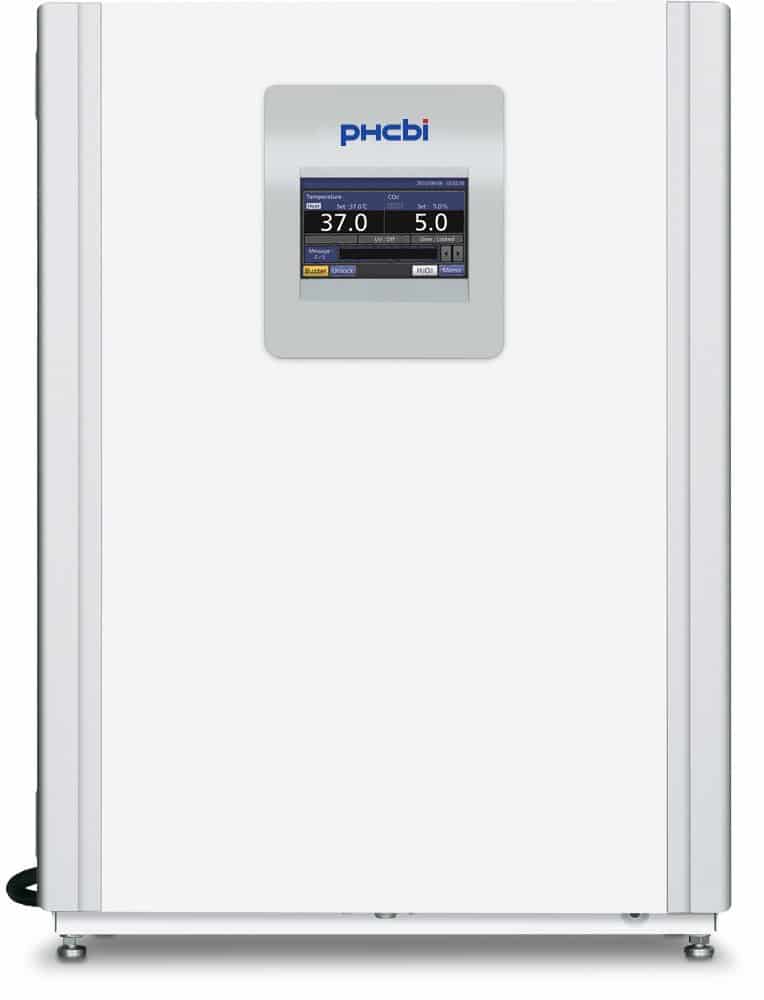
 PHCBI MCO-170AICUVL-PA CO2 IncubatorsMCO-170AICUVL-PAView Product
PHCBI MCO-170AICUVL-PA CO2 IncubatorsMCO-170AICUVL-PAView Product -
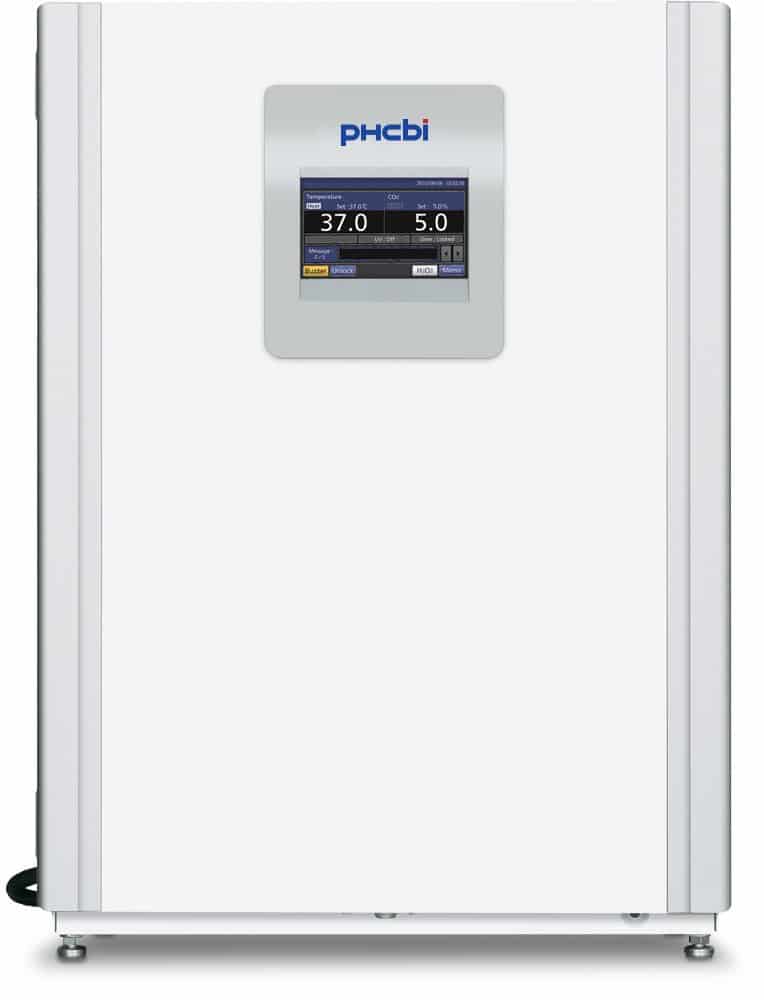
 PHCBI MCO-170AICUVHL-PA CO2 IncubatorsMCO-170AICUVHL-PAView Product
PHCBI MCO-170AICUVHL-PA CO2 IncubatorsMCO-170AICUVHL-PAView Product -
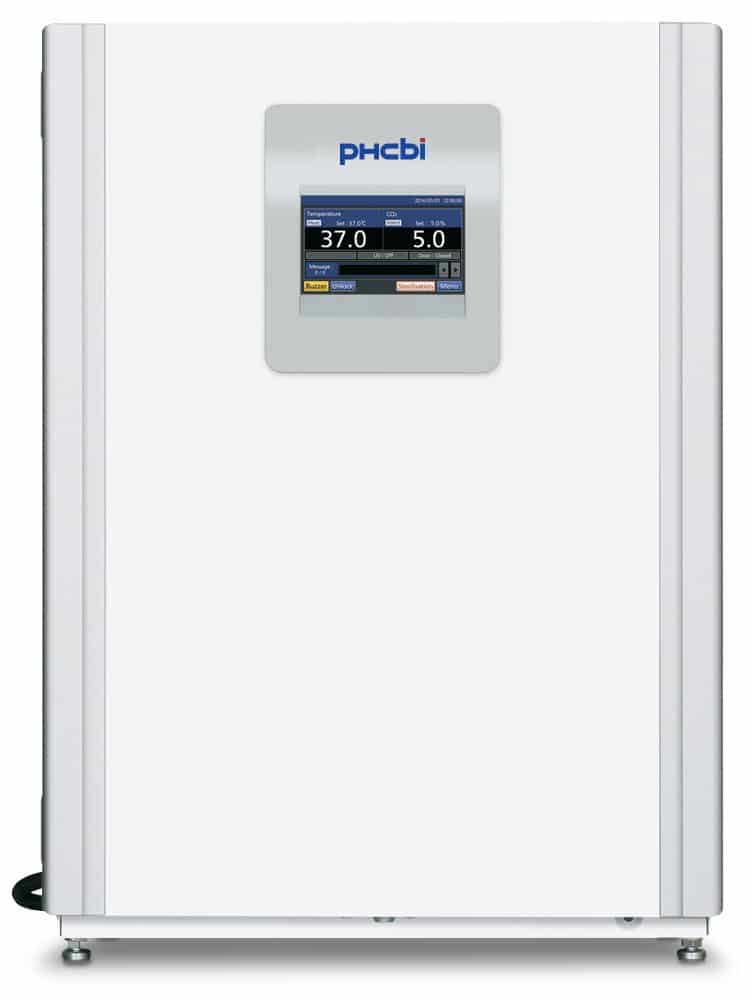
 PHCBI MCO-171AICUVD-PA CO2 IncubatorsMCO-171AICUVD-PAView Product
PHCBI MCO-171AICUVD-PA CO2 IncubatorsMCO-171AICUVD-PAView Product -
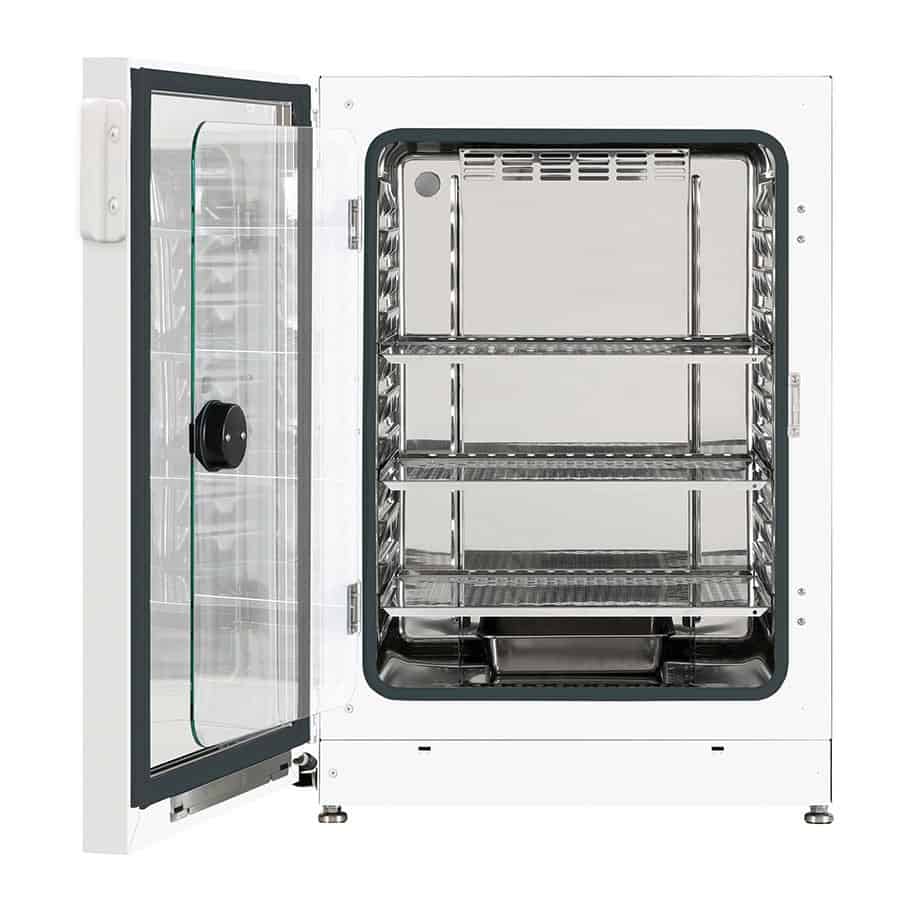
 PHCbi MCO-170ACL-PA CO2 IncubatorsMCO-170ACL-PAView Product
PHCbi MCO-170ACL-PA CO2 IncubatorsMCO-170ACL-PAView Product -
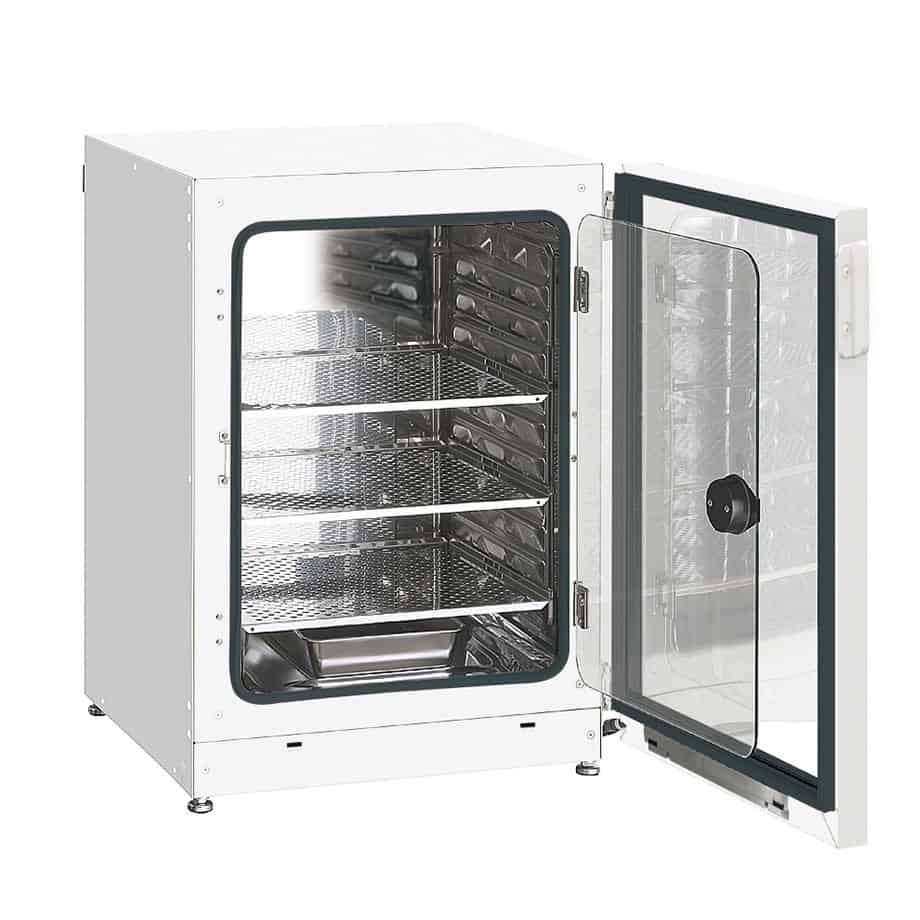
 PHCbi MCO-170ACL-PA with UV Option CO2 IncubatorsMCO-170ACL-PA with UV OptionView Product
PHCbi MCO-170ACL-PA with UV Option CO2 IncubatorsMCO-170ACL-PA with UV OptionView Product -
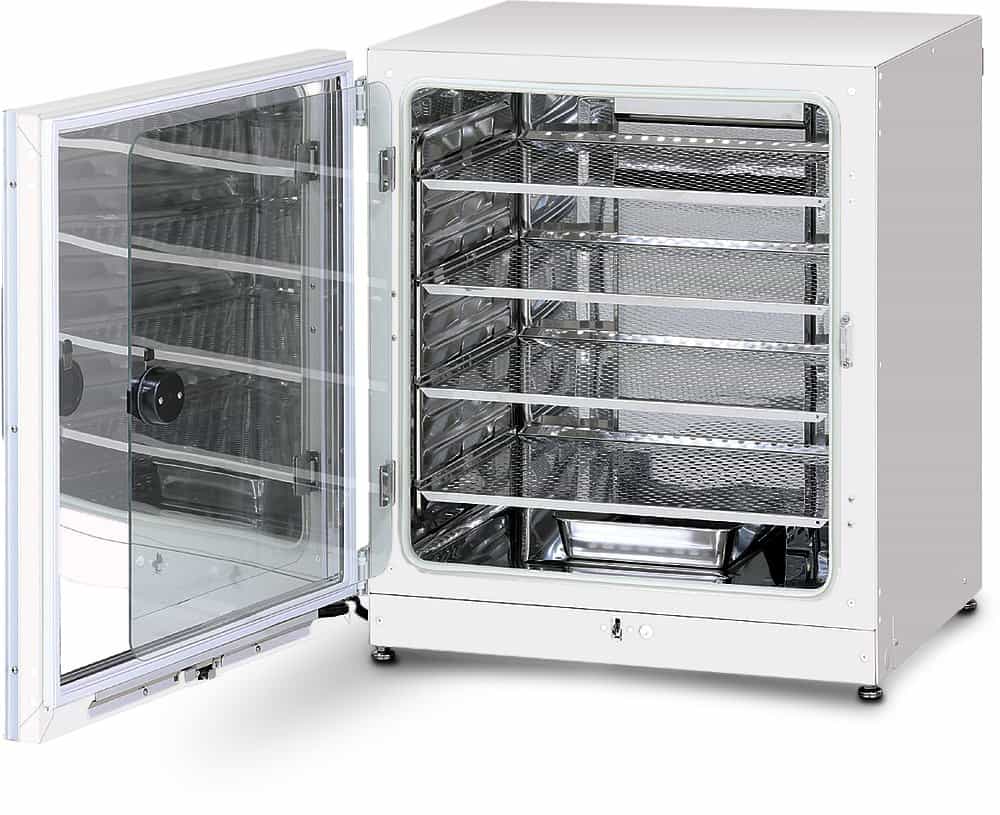
 PHCbi MCO-230AICUVL-PA CO2 IncubatorsMCO-230AICUVL-PAView Product
PHCbi MCO-230AICUVL-PA CO2 IncubatorsMCO-230AICUVL-PAView Product -
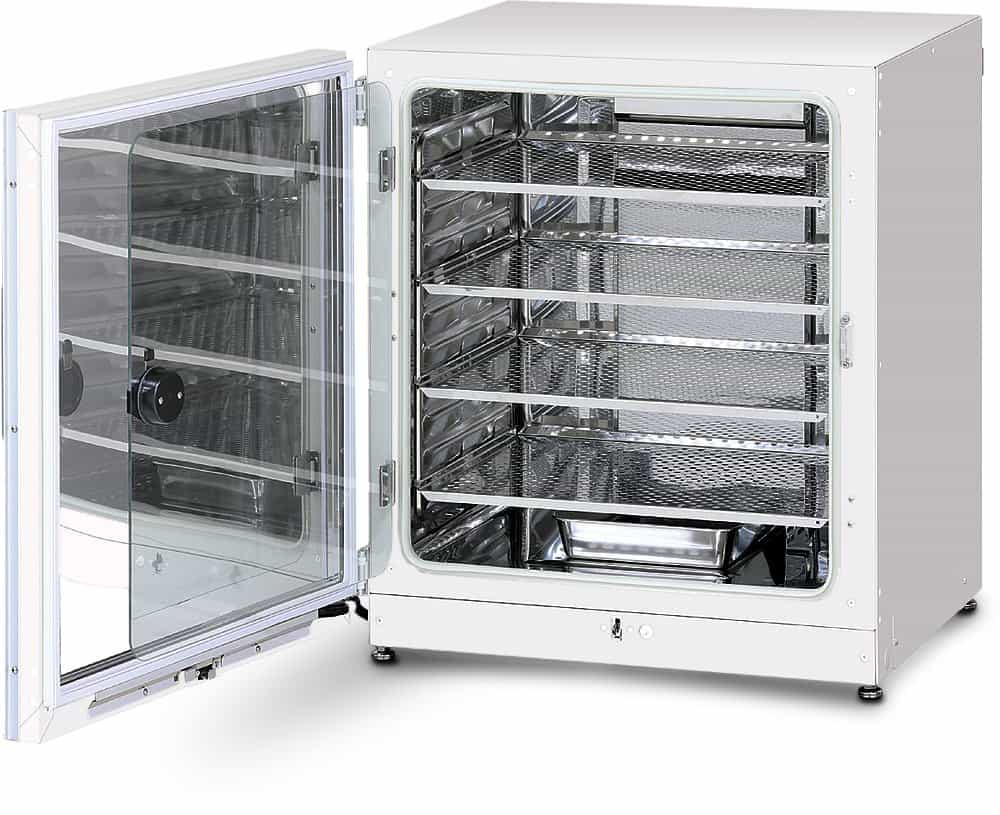
 PHCbi MCO-230AICUVL-PA with H2O2 Decon CO2 IncubatorsMCO-230AICUVL-PA with H2O2 DeconView Product
PHCbi MCO-230AICUVL-PA with H2O2 Decon CO2 IncubatorsMCO-230AICUVL-PA with H2O2 DeconView Product
CO2 Incubators
CO2 incubators from PHCbi (formerly Panasonic) and Baker Company provide a uniform and consistent environment, which is essential for any cell culture incubator. All models have built-in contamination control features with options that offer an extra level of security for your lab and cells.
D.A.I. Offers Four Series of CO2 Incubators
- Cell-IQ™ Series: This is by far the most popular PHCbi incubator we sell. The CO2 incubator design with a touchscreen panel is easy to use and makes cleaning and maintenance practically effortless. You can expect outstanding performance with multi-level contamination control with the SafeCell™ UV as a standard feature and time-saving optional H2O2 vapor decontamination.
- CytoGrow Series: The CytoGrow CO2 incubator from PHCbi is a price-sensitive model that includes strategic upgrades designed to improve performance, contamination control and user interface for establishing and maintaining a safe, in vitro cell culture environment. This model is less expensive than the Cell-IQ because it comes with a thermal conductivity detector (TCD) sensor for CO2 and the UV light is an optional add-on. It also features a less-expensive controller and does not have a color touchscreen.
- Cell-IQ with High Heat Sterilization: This Cell-IQ model has all the features and sophistication as the previous model in this series — except that it features an integrated auxiliary sterilization system instead of H2O2 decontamination. Used together with the incubator cultivation heaters, this model provides an effective, energy-efficient, high-heat sterilization process. Melamine foam insulation minimizes heat leakage to adjacent incubators and dramatically reduces elevated external surface temperatures.
- ReCO2ver Series: As a leader in biosafety cabinets and laminar flow hoods, Baker Company continually delivers optimal “environments of science” — and their CO2 incubators are no exception. These units provide precision control over the environmental conditions your cells require to thrive, such as temperature, CO2 and relative humidity (RH), while simultaneously restoring your units to those conditions when the incubator door is opened.
Common CO2 Incubator Applications
CO2 incubators are used in a variety of industry applications, including:
- Assisted Reproductive Technology: Cell culture incubators play a significant part in in vitro fertilization, an artificial fertilization technique in which human embryos are created in a laboratory environment. In this process, both fertilization and the first stages of embryo development take place in a CO2 incubator.
- Cancer Research: In the fight against cancer, cell cultures are used to replicate patient tumors and help researchers better understand their biology, which enables the development of new treatments and therapies. CO2 incubators create the correct environmental conditions for these cell samples to grow.
- Diagnostics: To identify certain illnesses and diseases, patient cell cultures are sent to labs where technicians use CO2 incubators to perform certain steps in the process of pathogen identification — that includes culture staining and cell thawing and placement.
- Regenerative Medicine: This branch of medicine involves growing new skin cells or other tissues in a CO2 incubator, using samples recovered directly from patients. Common applications include grafts for severe burn patients, tissue repair, anti-aging treatments and other dermatological therapies.
- Stem Cell Research: Stem cells are unique in the fact that they have the potential to develop into a variety of different cell types and are self-renewing. Because of these properties, stem cell treatments can be effective in fighting certain diseases — and CO2 incubators are where the development of these treatments begin.
CO2 Incubator Considerations:
- Capacity: Our benchtop CO2 incubators range from 1.7 to 8.1 cubic feet. We also have floor models with a capacity of 30 to 58 cubic feet.
- Microprocessor controls: All of our cell culture incubators come with precise microprocessor controls, including audible and visual alarms.
- CO2 sensors: Our incubators feature two different types of CO2 sensors — the time-tested TCD sensor and the more popular, faster-recovery infrared sensor.A TCD sensor relies on temperature and humidity levels to properly read CO2. Opening the incubator door affects temperature and humidity levels, which means it could take at least a half hour (or more) for the temperature and humidity levels to stabilize. CO2 Incubators with a TCD sensor might be sufficient for long-term storage of cultures, but they’re less suitable for situations in which door openings are frequent.Infrared sensors rely on the fact that CO2, like other gasses, absorbs a specific wavelength of light — 4.3 μm to be precise. The sensor can detect how much CO2 is in the atmosphere by measuring how much 4.3 μm light passes through it.The main difference is that the amount of light detected is not dependent on any other factors, such as temperature and humidity, as is the case with the thermal conductivity detector. A busier lab would benefit from a CO2 incubator with an infrared sensor.
- Humidity control: All of our CO2 incubators provide humidification. If relative humidity levels are critical to your work, consider the Baker ReCO2ver Series as it controls those levels.
- Contamination control: Contamination is a concern for anyone using CO2 incubators. We have a large selection of passive and active contamination control features. The copper alloy stainless steel interior on the PHCbi InCu-saFe is an example of a passive contamination control feature. This offers germicidal properties of elemental copper without corrosion or discoloration. Examples of active contamination control features include direct heat, H2O2 decontamination and internal UV light.
